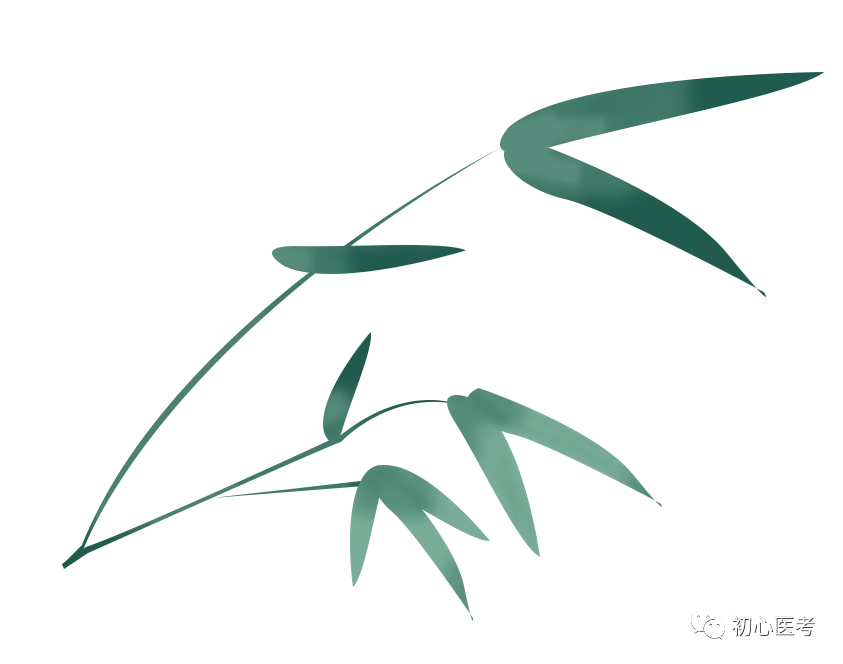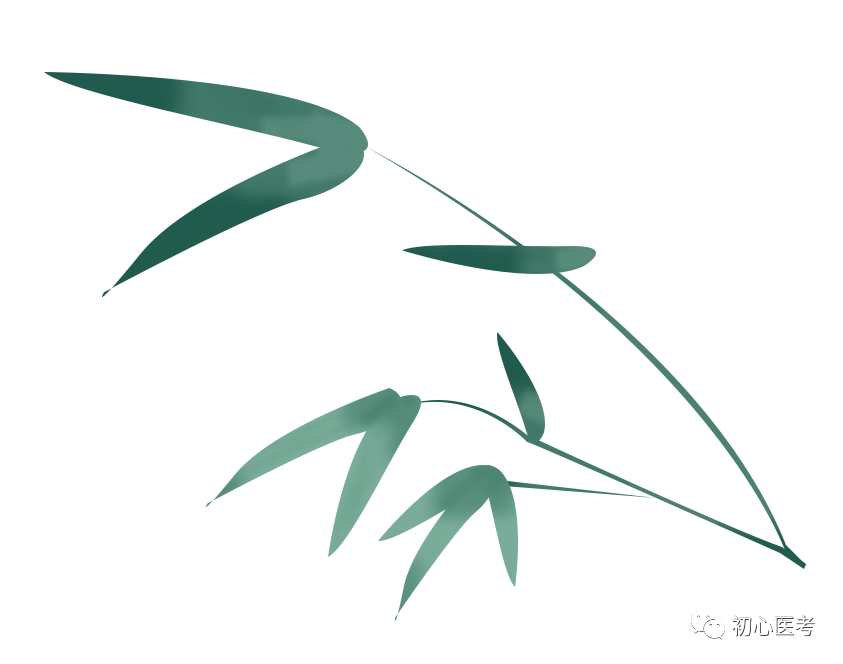Auditory Diagnosis
Summary of Traditional Chinese Diagnosis 03

(1) Listening to Sounds

1. Language (zhan yu, zheng sheng, du yu, cuo yu, kuang yan, yan jian)
Confused Speech (zhan yu): Unclear consciousness, incoherent speech, loud and forceful voice ~ Heat disturbing the spirit, Yangming organ excess syndrome.
Manic Speech (kuang yan): Mental confusion, incoherent speech, shouting and cursing ~ Phlegm-heat disturbing the heart. ~ Manic disorder, febrile disease with blood accumulation syndrome.
Zheng Voice (zheng sheng): Unclear consciousness, repetitive speech, intermittent and weak voice ~ Heart Qi deficiency, scattered spirit. ~ Loss of Yin and Yang syndrome.
Soliloquy (du yu): Talking to oneself, mumbling incessantly, stopping when seeing others, disjointed speech ~ Insufficient Heart Qi, spirit lacking nourishment; Qi stagnation and phlegm obstruction, clouding the spirit. ~ Epilepsy, depression.
Erroneous Speech (cuo yu): Clear consciousness, occasional speech errors, self-aware of mistakes ~ Deficiency syndrome: Insufficient Heart Qi, spirit lacking nourishment; Excess syndrome: Phlegm-damp, blood stasis, Qi stagnation obstructing the heart orifices.
Stammering (yan jian): Clear consciousness, normal thinking but difficulty in articulation, or unclear speech; or during illness, speech is stammering and difficult, often seen with a strong tongue ~ Wind-phlegm obstructing the channels.
(Confused speech and manic speech are both excess syndromes, while Zheng voice and soliloquy are both deficiency.)
2. Breathing
Shortness of Breath: Subjectively feeling short and disconnected breaths.
Deficiency syndrome: Low voice and weak breath, accompanied by thin body, fatigue, and spontaneous sweating ~ Insufficient Lung Qi, severe deficiency of original Qi.
Excess syndrome: Rough breath with chest tightness and abdominal distension ~ Phlegm-fluid; Qi stagnation; gastrointestinal accumulation; blood stasis obstructing internally.
3. Cough
Cough with phlegm sound, phlegm is abundant and easily expectorated: Phlegm-damp obstructing the lungs.
Cough sound is crisp: Dry heat.
Dry cough with little or no phlegm: Dry evil invading the lungs or Yin deficiency leading to lung dryness.
Paroxysmal cough: Short cough sound, spasmodic and continuous, with a crowing sound (a sound like a heron at the end of the cough), and recurrent: Wind evil, phlegm-heat congealing, commonly seen in children with whooping cough.
Diphtheria: Cough sound like a dog barking, accompanied by hoarseness and difficulty in inhalation: Lung and kidney Yin deficiency, epidemic toxin attacking the throat.
Worse cough at night: Kidney water deficiency.
Worse cough at dawn: Spleen deficiency, cold-damp in the large intestine.
4. Vomiting
Vomiting breakfast in the evening and evening meal in the morning indicates gastric reflux, mostly belonging to Spleen and Stomach Yang deficiency syndrome.
5. Hiccups: Mostly belong to cold evil or heat evil invading the stomach; Stomach Qi decline; dietary stimulation.
6. Belching
Acid and rotten smell ~ Food accumulation.
Changes with emotions ~ Liver Qi invading the stomach.
Cold pain, relieved by warmth ~ Cold ~ Excess or Yang deficiency.
7. Sighing ~ Liver Qi stagnation

(2) Smelling Odors

Odors in the Sickroom
Foul odor: Plague;
Blood smell: Blood loss;
Putrid smell: Ulceration and necrosis;
Cadaveric smell: Organ failure, severe illness;
Ammonia smell (urine smell): Late-stage edema, kidney failure;;
Rotten apple smell (ketone smell): Critical stage of diabetes;;
Garlic smell: Organophosphorus poisoning;.

END

